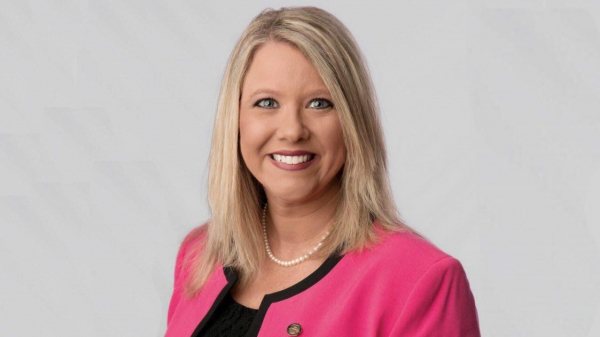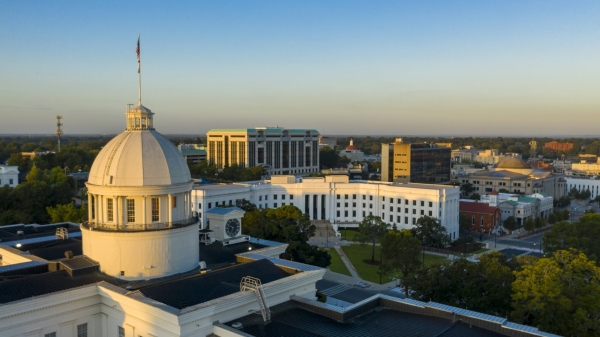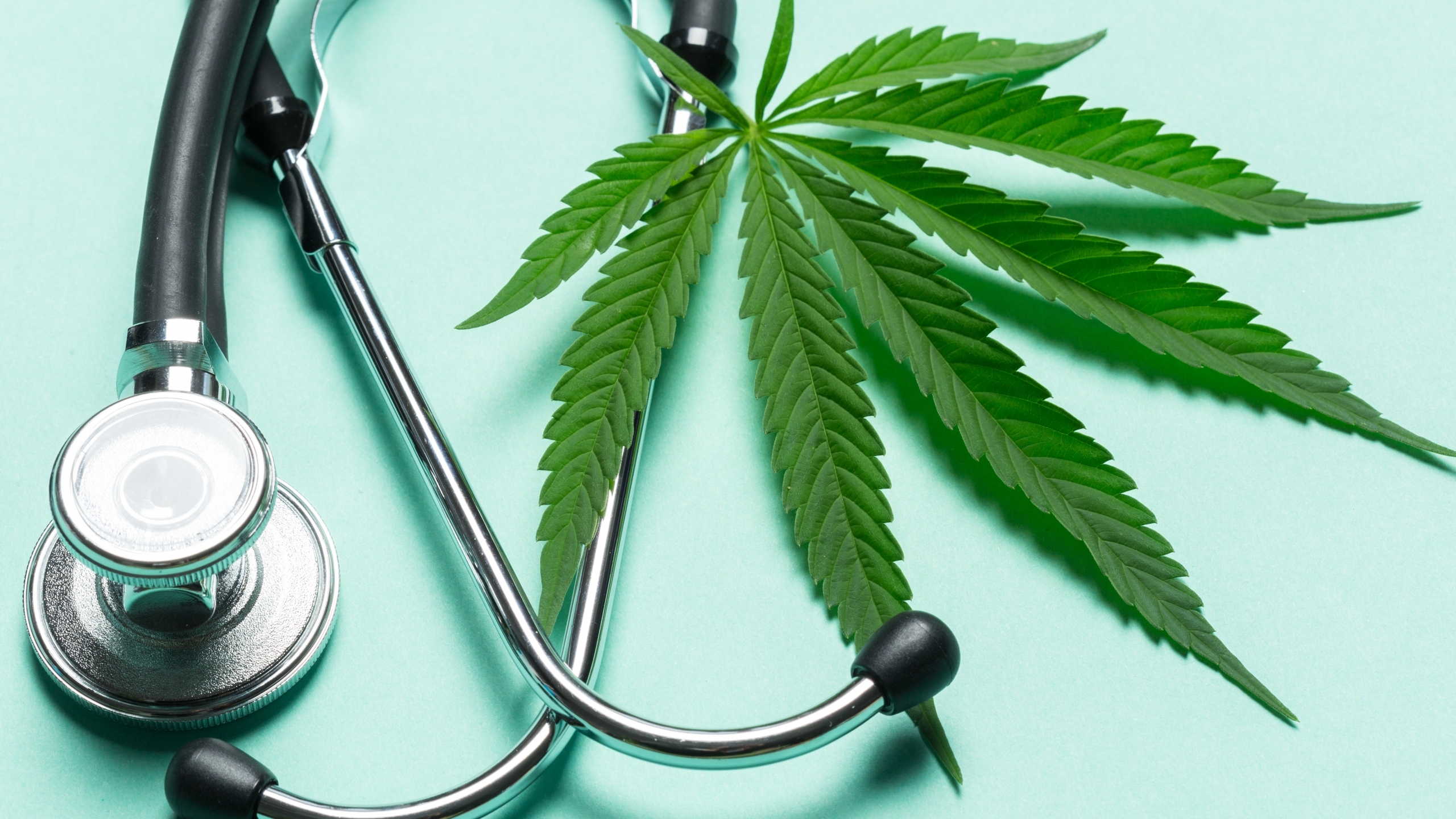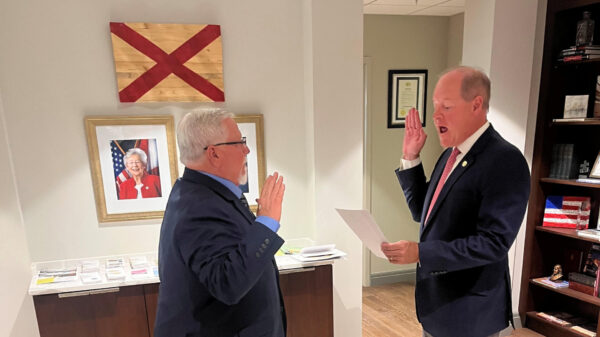Monday is the last day of the 2021 Legislative Session. On the previous legislative day, the Alabama House of Representatives passed medical marijuana legislation. The Senate concurred with House changes and sent the bill, SB46, to Gov. Kay Ivey’s desk for her consideration. That was on May 6. Today is May 17, and the bill still has not been signed.
Ivey praised the work that sponsors, Sen. Tim Melson, R-Florence, and Rep. Mike Ball, R-Madison, have done on the bill, but that her staff is studying medical marijuana bill. The governor could sign the bill into law. She could veto it or she could send it back to the Legislature with an amendment. If Ivey amends the bill, Monday is the last day to do it as this is the last day of the session.
“We will continue to review it and it helps some people, but you just don’t want it to get out of control, but I hope after thoroughly reviewing it, we can sign the bill,” Ivey said on May 7.
On Thursday, marijuana opponents held a rally in Montgomery asking the governor to veto the legislation. Conservative groups including the Alabama Citizens Action Program, Alabama Eagle Forum and the Alabama Policy Institute argued that marijuana is a gateway drug, the state should not subvert the FDA drug approval process, the bill grows state government, that it normalizes cannabis by telling children that marijuana is medicine, and that it would increase the availability of marijuana making Alabama’s roads more dangerous due to more people driving impaired by marijuana.
Marijuana advocates, including the Alabama Cannabis Industry Association and Republicans Against Medical Marijuana Prohibition argue that illegal marijuana is already widely available across the state of Alabama and that people seeking to get high will continue to get that from the illegal recreational market; not the doctor recommended legal market that this legislation would create. There is no smokable products allowed, no cannabis baked goods, and the maximum prescribed dosage is limited to amounts of tetrahydrocannabinol (THC – the psychoactive property of marijuana) far below what is available on the illegal recreational market.
Supporters argue that the legislation is designed to only help those with a medically diagnosed need.
“This is about helping people,” Rep. Ball said.
Alabama Republican Party Executive Committee member Grady Thornton wrote and open letter to the Governor and the Alabama legislature urging passage of the bill, SB46. Thornton’s brother passed away after a lengthy battle with cancer.
“I do not use recreational marijuana and I oppose its legalization,” Thornton wrote. “Medical marijuana is not about getting high. It is about peace in the flickering candle of life as it near nears the final glow. It is about a period when one of our fellow human beings sees the horrifying approach of his/her own death nearing their bed. It is about the comfort of seeing this pain of a loved one being lessened in a way no current synthetic medication can. It is about lessening the impact of young children, like my nephews, at the time their lives and family were torn apart. Their sadness, the loss, the feelings of abandonment, the anger, their grief was exacerbated by seeing the intensity of their daddy’s suffering. Those emotions will never go away.”
If the Governor amends SB46, conservative opponents have announced their intention to filibuster either motions to concur or to override the governor’s veto. The House spent eleven hours on May 4 and 6 on the bill due to a previous filibuster.
“Some of you are worried about addiction,” Thornton wrote. “I understand that, but there is no credible evidence to support that. Medical marijuana is formulated to prohibit this. Will there be misuse? Probably, but when the wayward realize they will not get high, it will not be a public health issue. Medical marijuana is NOT a gateway drug. I have generational addiction in my bloodline. I would never promote anything that could cause addiction or relapse. Medical marijuana is a solid prolife concept.” “Please consider overriding the opposition to this legislation and do not push for amendments. The wellbeing of thousands, maybe tens of thousands, of Alabamians is in your hands. Please do not enable the well-intended but misinformed to force torture on those who are dying or have illness that can be so treated.”
Chey Garrigan is the founder and President of the Alabama Cannabis Industry Association.
Garrigan acknowledged that SB46 is a long and complicated bill; but said that any concerns that the governor has can be addressed in a fix it bill in the next legislative session, before final implementation.
“The important thing is getting need to Alabamians with a demonstrated medical needs as quickly as possible,” Garrigan said. “The bill can be studied over the course of the summer and if there is something in there to be addressed that would make it a better law for the people of Alabama, then we in the Alabama Cannabis Industry Association will gladly work with the governor’s office and the sponsors on legislation to address those concerns. That would be better than addressing it in a hasty debate on the floor of the legislature during the last legislative day with time running out on the session.”
SB46 creates the Alabama Medical Commission which will regulate medical marijuana in the state. That commission still has to be appointed and those nomination confirmed by the Senate. The Commission will have to hire staff and write regulations before permitting of growers, processors, and dispensaries can begin.
Jefferson County Republican Party chairman, former state Rep. Paul DeMarco, R-Homewood, has asked the governor to consider sending the bill back to the Legislature with an added amendment declaring that any level of THC would be considered as being impaired.
“Driving while impaired is never good; but a zero tolerance standard is unrealistic and not based on science,” Garrigan said. “A driver under the influence of alcohol is deemed impaired at a threshold of a blood alcohol concentration (BAC) of .08 grams per deciliter (g/dL) or higher. The law understands the science and that is that a casual user can have some alcohol content in their system and not be impaired. The same is true of marijuana.”
If the governor amends SB46, both houses of the Legislature will have to vote on addressing the amendment before the close of business today for the bill to pass. The governor could just sign the bill into law at her discretion.



















































